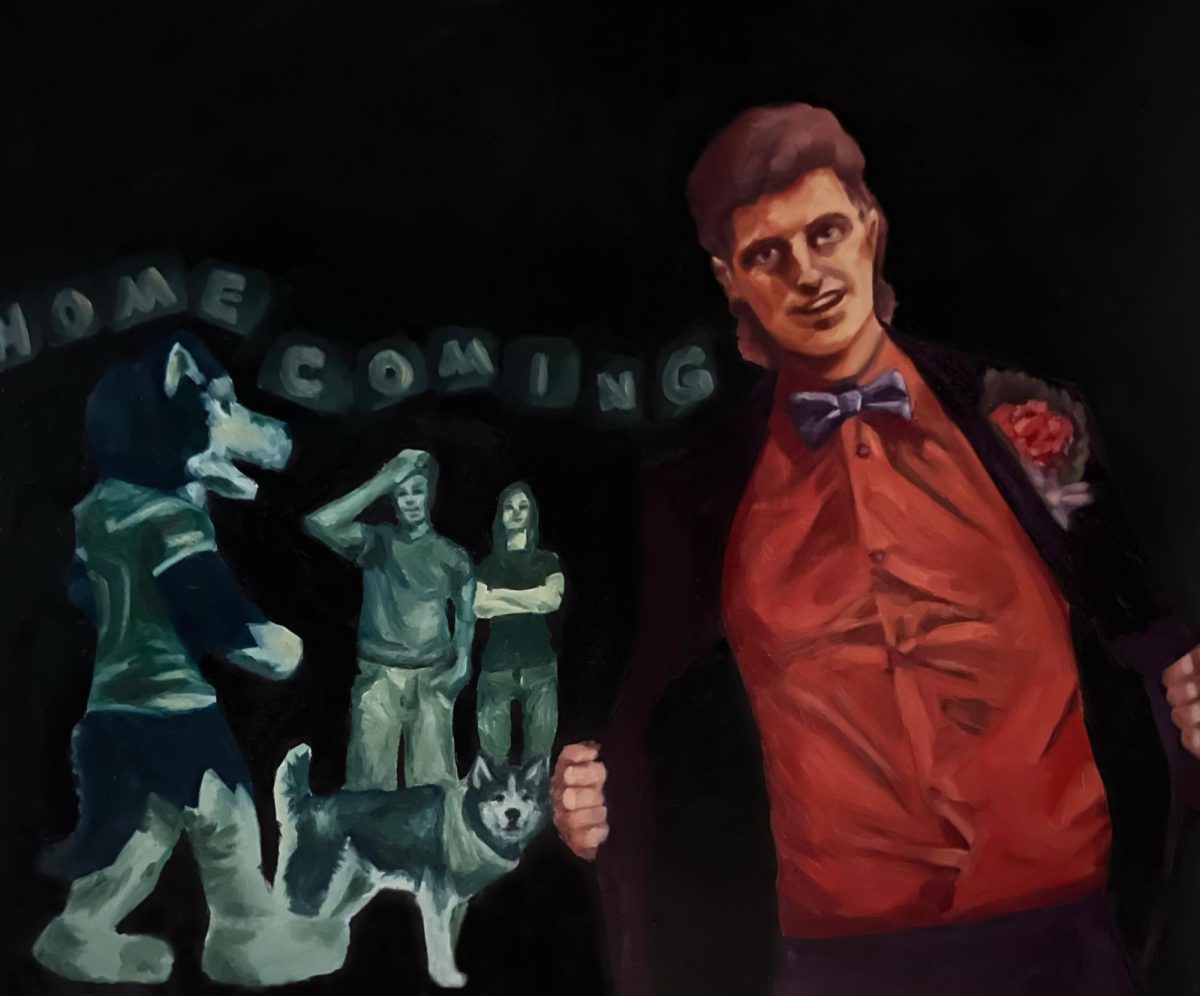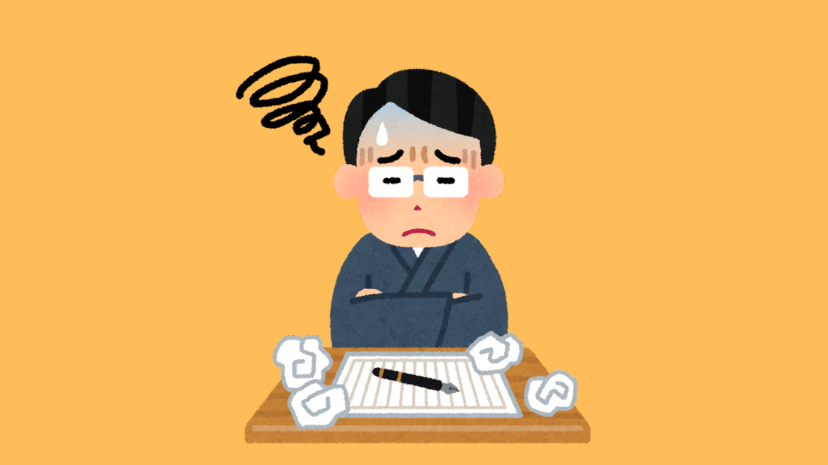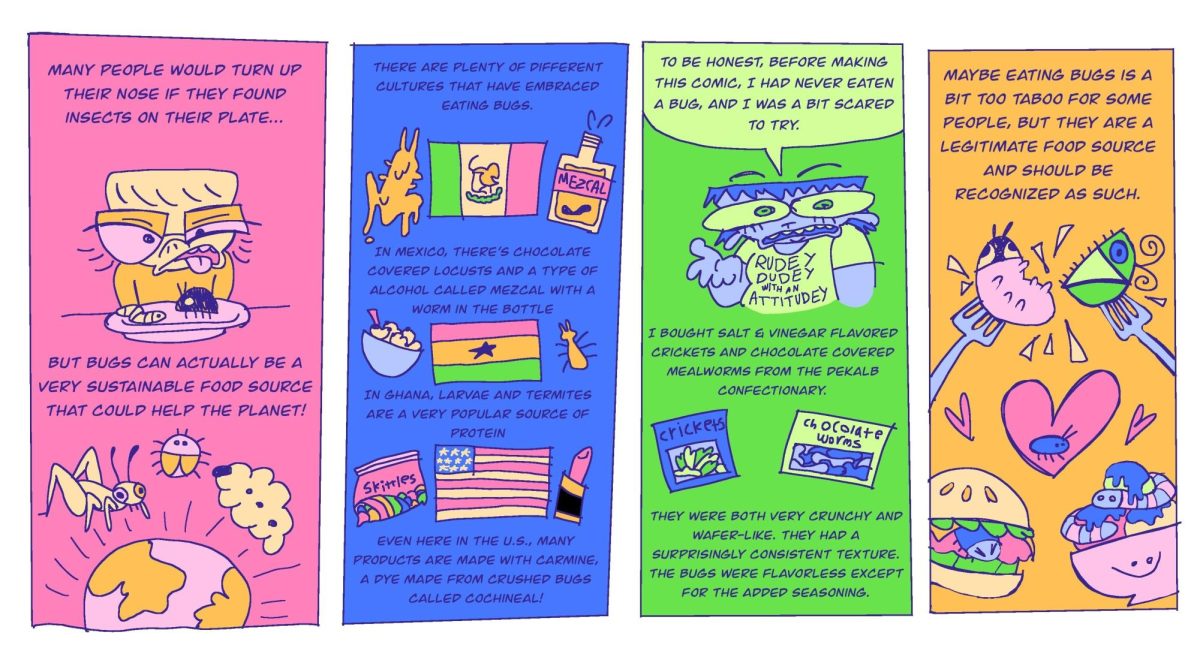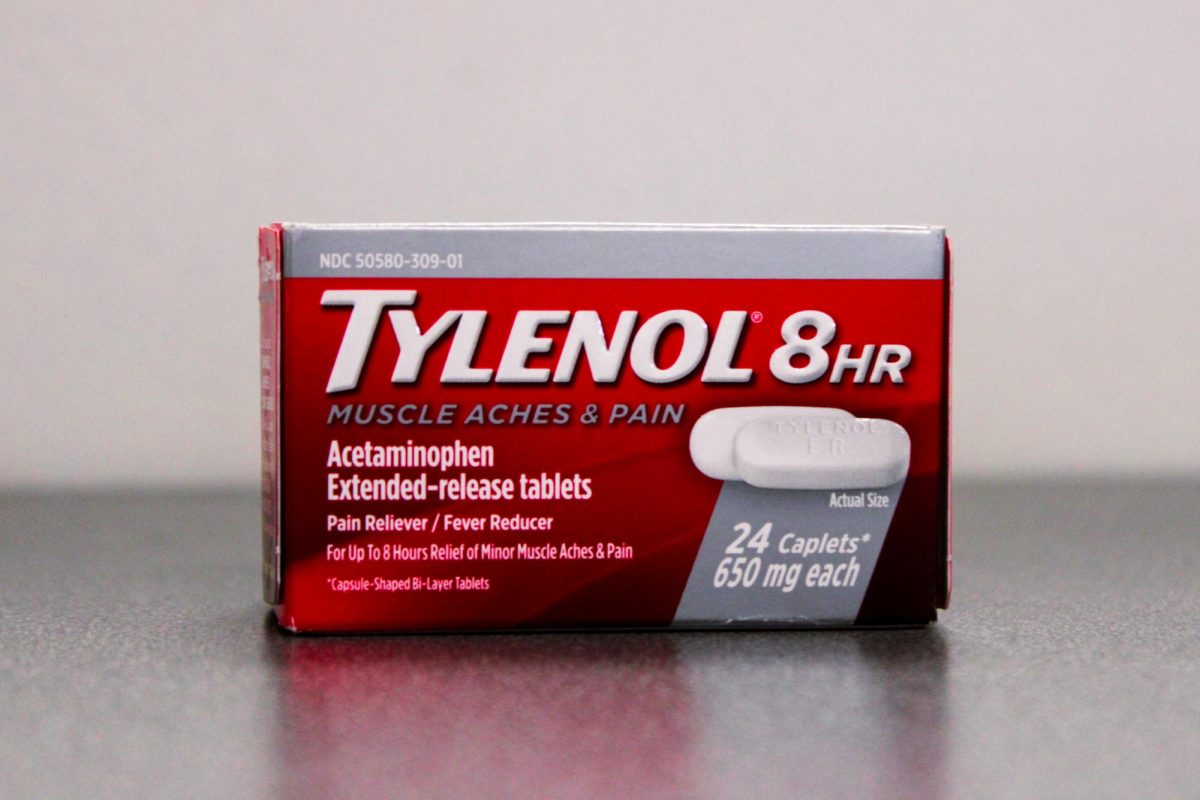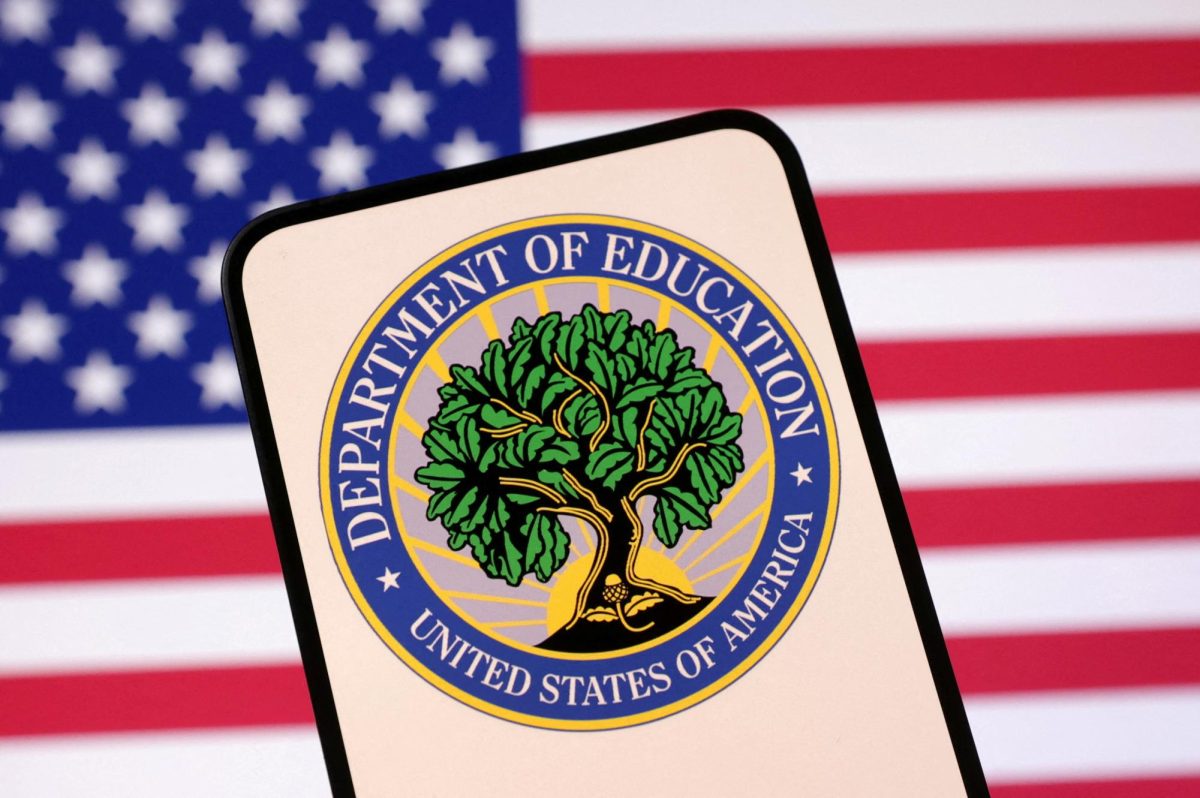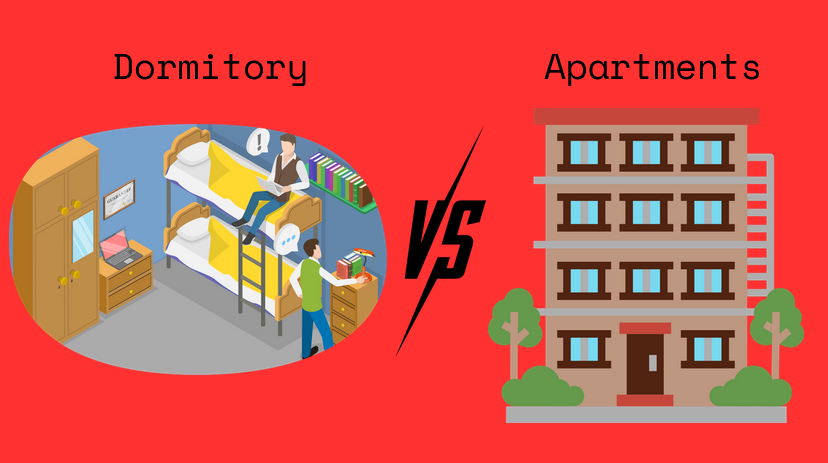In the aftermath of right-wing political activist Charlie Kirk’s death, President Donald Trump and other White House officials made several public statements directly blaming the left. The impact his blame may create is significant cause for concern.
While political leaders on both sides of the spectrum have endured acts of political violence in recent years, Trump made a statement on Sept. 10, falsely labeling political violence as purely the result of left-wing values.
“This kind of (liberal) rhetoric is directly responsible for the terrorism that we’re seeing in our country today, and it must stop right now,” Trump said in a statement the evening after Kirk’s assassination. “Radical left political violence has hurt too many innocent people and taken too many lives.”
But critiquing influential public figures is not a First Amendment right which is lost post-mortem, and criticism of Kirk has not come from non-empathetic people.
Empathy and compassion is what fuels gun-control activists, No Kings protests and support for Palestine: the understanding that, as humans, we have responsibilities beyond our own comfort. With that understanding comes the truth that it is not morally adequate to compare the death of a man – even if that death is shocking and violent – to the suffering of millions who were shunned and hurt by his prejudices.
The White House’s message against liberal leaders and citizens did not allow for any argument against Kirk. Trump has continued a reoccurring behavior of using violence to flame his public messages in a dishonest way.
Why is this so scary?
What the president of the U.S. says from his global platform – who he points a finger at – matters. Trump may carelessly throw out barely constructed sentences on a daily basis, but few of his words have more dangerous power than when he uses them to blame violence against groups of people he doesn’t like.
The 2021 insurrection was proof enough of that power.
Scot Schraufnagel, a political science professor at NIU, explained that contemporary reactions to public violence have changed drastically in the past decades.
“What has changed is now, all these mass shootings, it seems to be about pointing fingers,” Schraufnagel said. “Everybody wants the other side to get the kind of blame for the atrocity, you know, and that’s a unique development in my lifetime. But in my understanding of U.S. history, I’ve never seen killings, senseless killings, be politicized the way they currently are. And that is, it’s a new territory, you know? And it just seems, on the face of it, it just seems really cold and calculated and unproductive.”
Death used to – in a bittersweet way – inspire positive change. At least in the end, horrible acts of violence could serve as societal wildfires, causing destruction but then reintroducing compassion into toxic political playing grounds.
Violence encouraged the public to “rally around the flag,” a political science phenomena first coined by John Mueller, Schraufnagel explained.
“It’s so in times of crisis or times of, you know, shock,” Schraufnagel said. “There has been historically an attempt to not point fingers, but instead draw people together.”
We’ve witnessed many wildfires in recent years: Mass shootings on a scale like no other, the continued genocide of the Palestinian people, hate crimes and violence.
We talk about these issues, we use social media to expand the reach of important conversations, but we’ve been incapable of finding solutions because finding a solution means having to talk to the enemy.
For many liberals – speaking to the MAGA fanbase feels pointless. How can people be expected to communicate with someone who truly has no care for their quality of life? How is it possible to prove the need to protect human rights, if your opponent can’t agree that all humans deserve them?
The MAGA fanbase can yell, criticize – and they can certainly fight – but most won’t speak to the left because they are reliant on the president’s word, and the president has ruled out reason.
No one feels the urge to rally around the flag, and America has let the wildfires rage unattended.
Many of us care, but too many more care only about how the flames affect themselves. They grieve their singed hair while standing among burnt corpses, complaining about the smell.
With statements of blame Trump eliminates the potential for necessary debate. The price for ensuring his enemies remain the public’s enemies will be more instances of the same crimes he falsely blames them for.
When leaders tell a spirited public that someone struck the match, the public will leave the wildfire raging, and light a new torch to chase them down.







